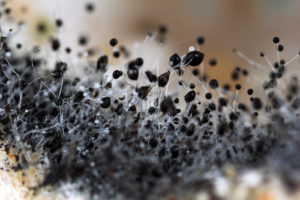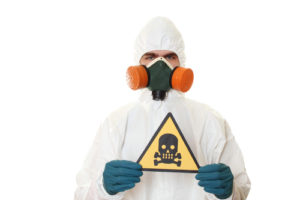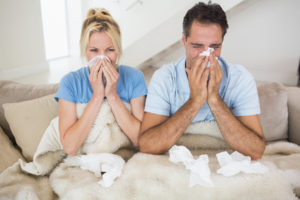The CDC Links Aspergillosis with Mold and Fungi Exposure

The Link to Mold Spores
It’s no secret that when you have a mold or fungus problem in your home, it can cause a lot of problems. We’ve known for a long time that mold can lead to difficulties with breathing, but the CDC has recently linked aspergillosis with mold and fungi exposure. This means that there’s never been a better time to get an NYC free mold inspection to be sure that you and your family are not risking your health.
What is Aspergillosis?
There are different types of aspergillosis, but they’re all problematic. They include:
- ABPA – This usually affects those who have asthma or cystic fibrosis.
- Chronic Pulmonary Aspergillosis – This usually affects those who have a chronic lung disease, such as COPD.
- Invasive Aspergillosis – This usually affects those whose immune systems are already weakened from a disease, cancer treatments, or for other reasons.
Aspergillosis is not contagious, so it can’t be spread from person to person after contact. However, it can cause serious health problems for you if you’re in one of the above groups. Healthy people can breathe in the spores, and generally do so every day. However, if you’re not healthy then it’s best to take precautions to prevent breathing in these spores.
The Best Ways to Avoid Contracting Aspergillosis
You can avoid contracting aspergillosis by taking a few steps. Try to avoid construction sites, but if you work in construction, wear the appropriate facial mask at all times. You should also wear long pants and gloves when you’re working in soil. Above all, get a NYC free mold inspection to check your home for aspergillus spores. We can help you with that. Please contact us!




